Nearly 16 years have gone between the Psychonauts, but the protagonist Razputin “Raz” Aquato has not gone long. His gritty, high-pitched voice still shouts for young people, and nearly often, his actions indicate a want to learn.
That’s what Double Fine Productions has done throughout the years. Time enabled this company to improve its platforming skills, reinforce its humorous wit and produce a sequel to the immense complexity of the human brain and its marvels. Psychonauts 2 allows the players to explore vivid dream scenes that melt into frightening nightmares and soon realise that almost every move will be surprising and strange.
A Psychic Spying Group:

Raz is a brilliant intern for the Psychonauts, a psychic spying group of superb that deal with a mole in their ranks with his summer camp. Raz wants to participate in this mystery, but his impulsiveness gets him into problems early on, and he has to overcome his errors fast.
The narrative rumbles with crazy enthusiasm out of the door and will never slow down due to brilliant gags and a splendid ensemble of characters. Their banter is terrific and generally provides a profound understanding of their characters and motives, mainly when Raz dives into their thoughts. Some ideas are unpleasant and address severe mental health problems, but Double Fine tackles them carefully and often artistically.
Many of Raz’s dreamscapes in Psychonauts will probably evoke an auditory “wow” via imagery and dramatic arrangement. Colourful, noisy, squashy and almost always a clay-like appearance, they blend with inventiveness and serve as great platform playgrounds.
A Robust Platform:

Although animated history segments are not lacking to sit back and enjoy, Psychonauts 2 is a robust platform. Raz, who happens to be the son of acrobatic parents, takes a little more elegance and skill in their footsteps. He improves his abilities and the controls that bring it to life, but he still doesn’t move with Mario’s accuracy and smoothness.
Some insecurity and conjecture arise with jumping distances and pick-up locations. That said, no platform sequence is never as cruel as the Meat Circus level in the first game. Psychonauts 2 constantly offers a good platforming pleasure and pushes players to turn off the main path to search for hidden collectors and upgrades. The most fun items to snack are the Figments, two-dimensional works of art spread throughout all levels, which frequently lead the player to warn the wind.
The new acrobatic status of Raz is also translated into battle, where it is crucial to roll and create space. This distance is essential because he must not punch every opponent he finds, and now he may employ a broad range of mental forces to win victory from afar. You may set them on fire, rub them in with a psycho-blasting hole, or use various capabilities to kneel the censors and other adversaries. Combat is much better than the first game but is utilised sparingly, mostly in brief arena-like battles or against bosses.
However, the focus is not just on platforming. The segments are frequently shortened, considering Double Fine switches to other gaming sequences or narrative times. The flow works because it keeps the player away and uncertain about what may happen next. I punched a cute bacon figure to cook and feed a marionette, and on a colossal bowling ball, I balanced dangerously. Most of the gaming segments are pleasant and fit together well.
The continuous change in gameplay kinds causes an issue in that the player often has to rest to give the action buttons particular capabilities. Some of the abilities are pretty clever; one even plays with a whole different Raz version.
A Fantastic Game:

Psychonauts 2 primarily focuses on Raz’s psychological growth and the life of Ford Cruller, a character who first appears and is born fascinatingly. For spoilers, I’m not going too far into Ford’s participation. Still, it’s making good (and surprising) payoffs, and the worlds he presents in Raz are frightening for a gaming experience in the best possible manner.
I loved Psychonauts 2 nearly every second. It does something that I frequently don’t see in games – a persistent feeling of wonder as each area unfolds. It took 16 years for Double Fine to be released, but it gave a fantastic sequence. I hope we receive a third episode that takes almost no time to produce.

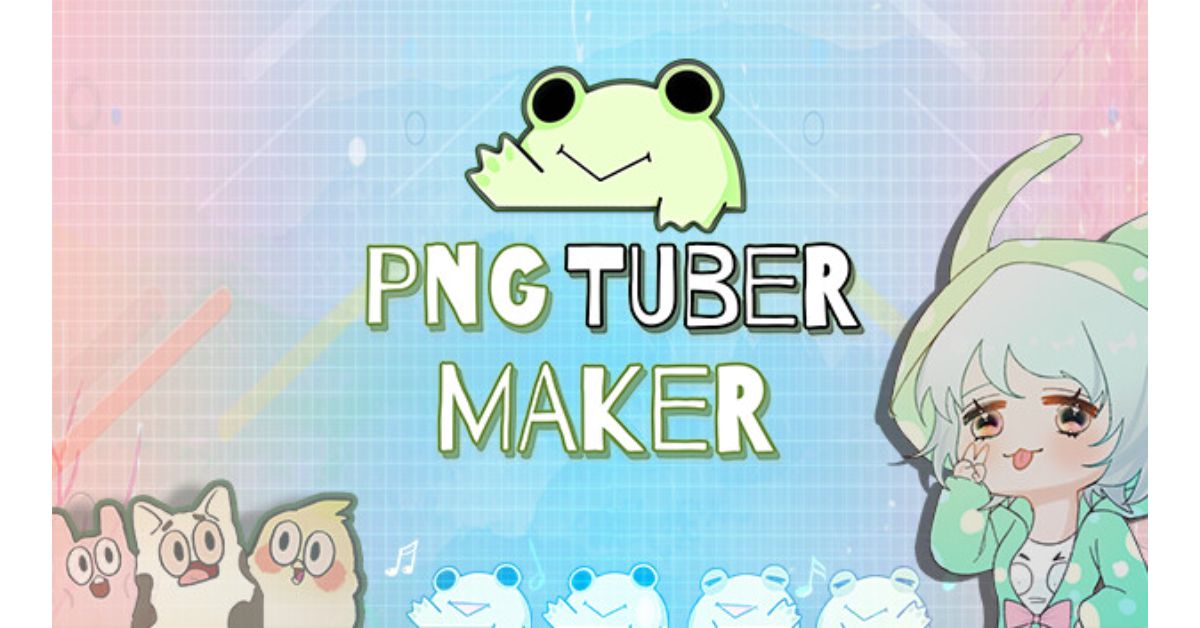
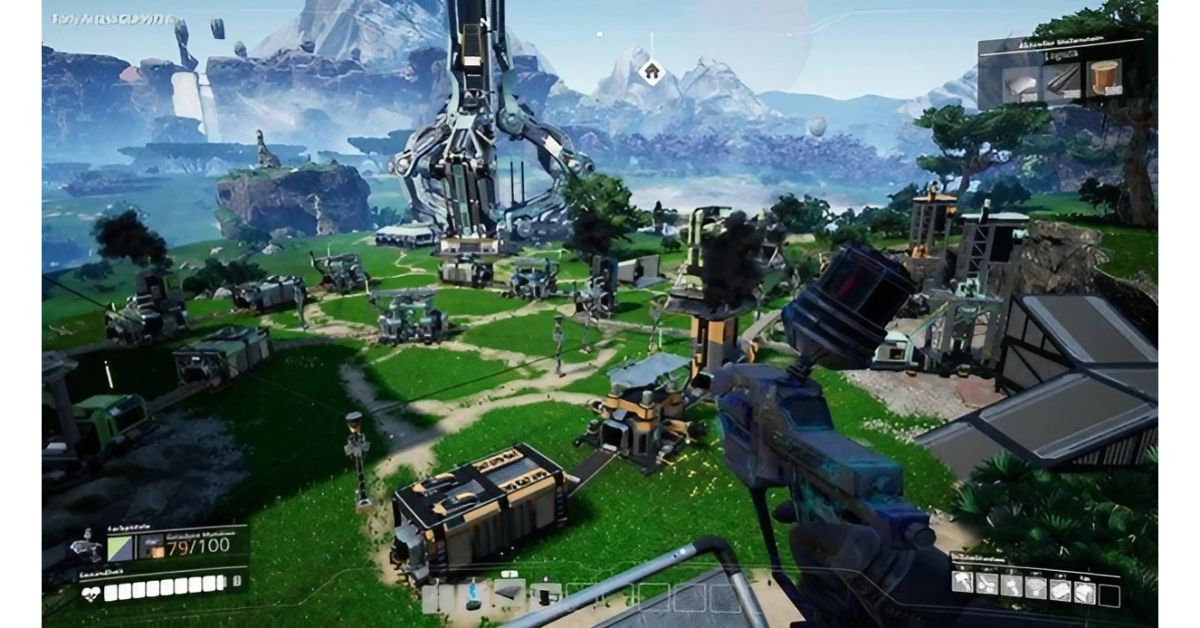


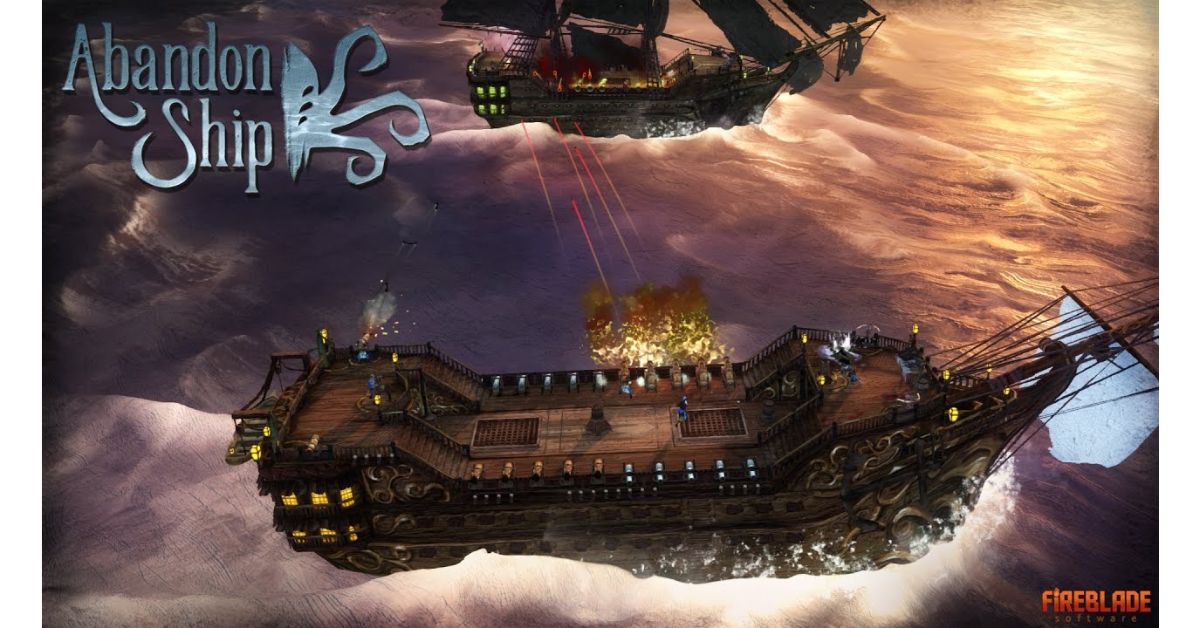
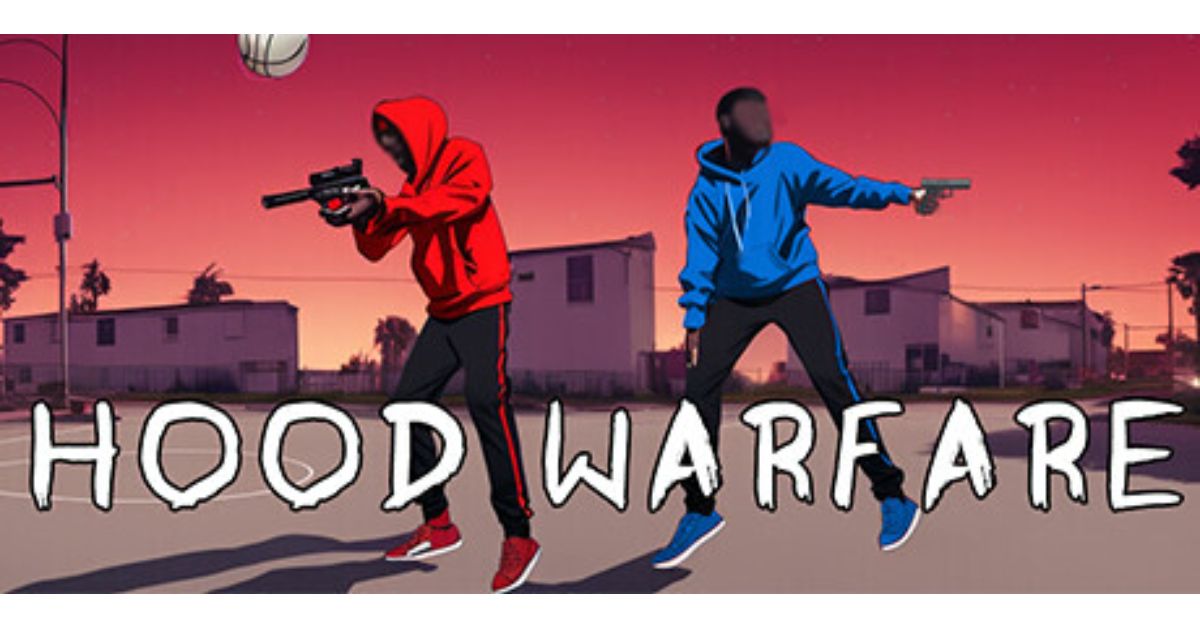
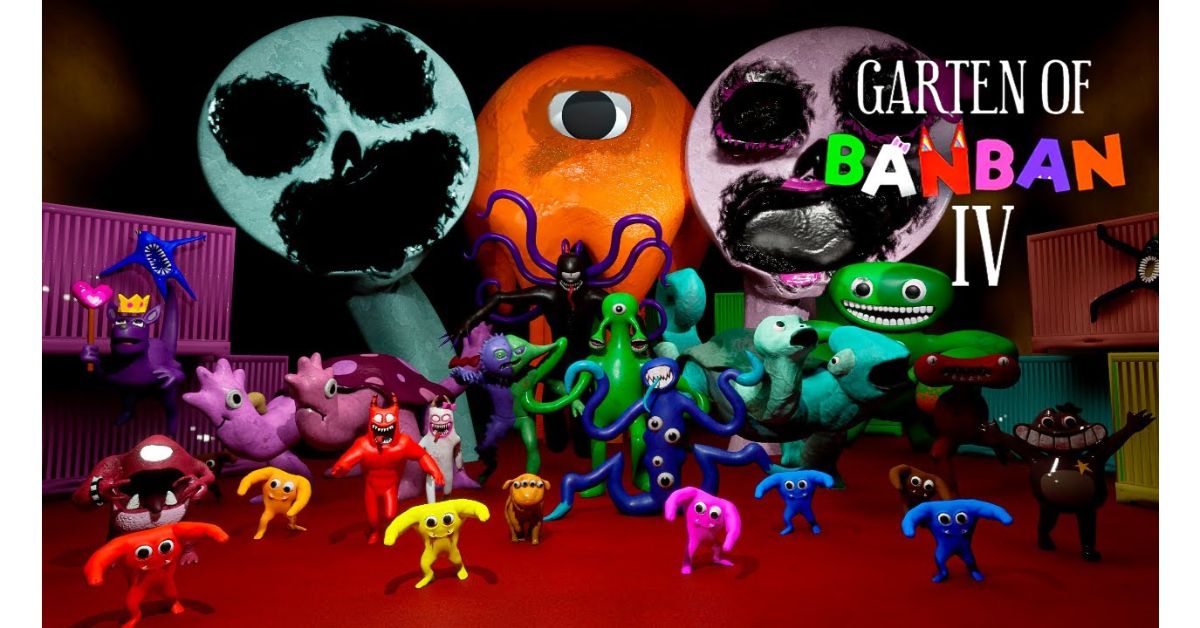
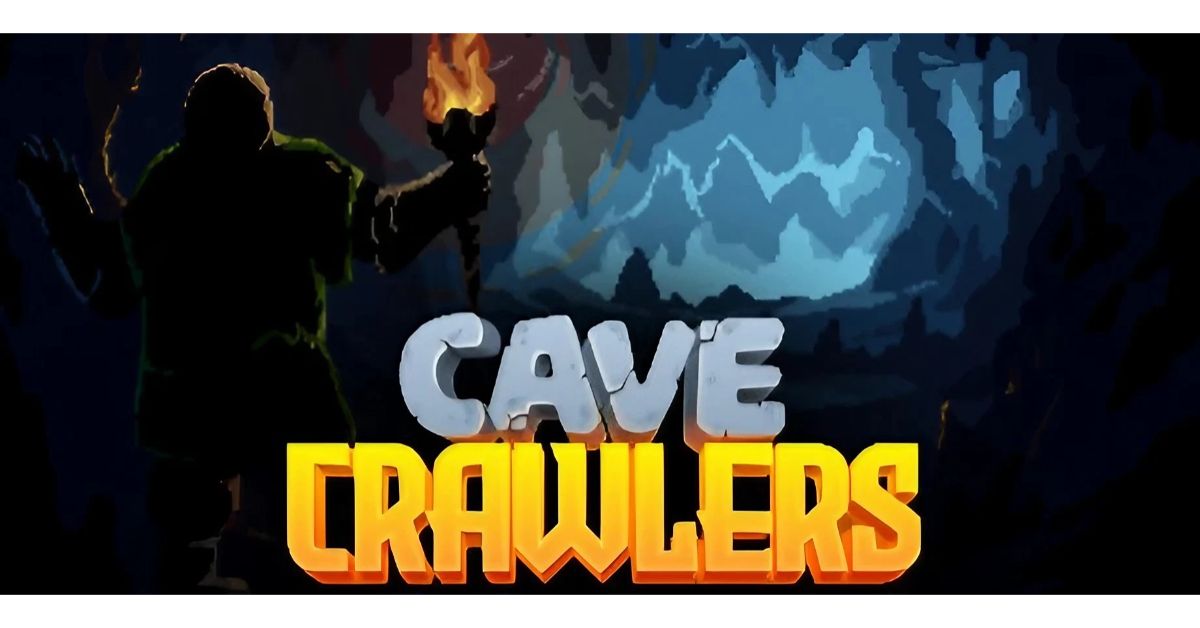
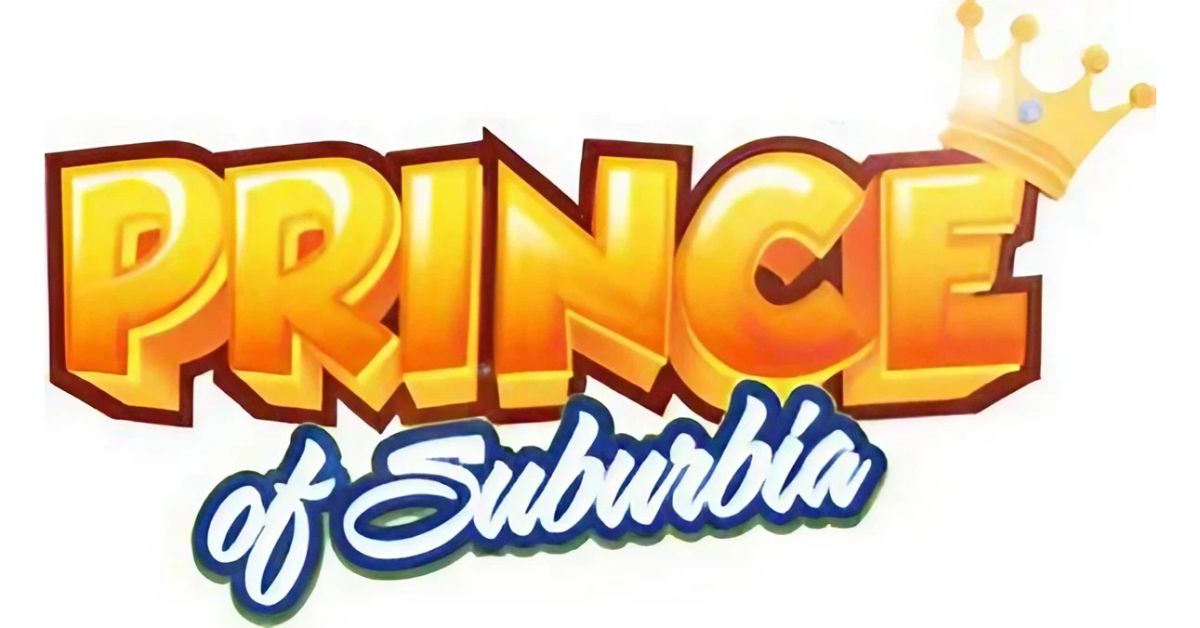

Leave a Reply